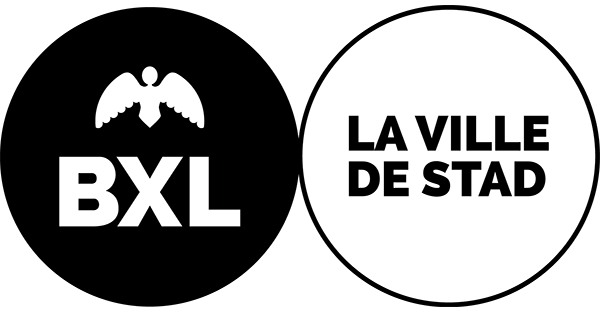Local taxes
Municipal taxes are paid by physical persons, persons of 'public or private law' and associations which are situated on the territory or have interests there. The City uses the money from the taxes for public services.
There are 2 municipal taxes: the additional municipal taxes and the non-additional municipal taxes.
Additional taxes:
- The real-estate deduction (not to be confused with the cadastral income)
- The tax of physical persons
- The traffic tax
Other municipal taxes:
These taxes aim at a whole series of activities, situations and facts.
Taxes aiming at situations are qualified as 'direct taxes'. Those aiming at facts are 'indirect taxes'.
Although this distinction is not very important any more, it can be useful to understand the method of levy of a tax. Mostly, a direct tax will be due for an exercise of one year, whereas an indirect tax will be due for shorter period, one day for example, and concerning precise acts.
Tax regulations
The tax regulations are only available in Dutch and French.
The additional taxes are collected by the main taxer (almost exclusively the Federal State). The municipality does not intervene.
Other municipal taxes are collected by the municipality (by the City Receiver).
The municipal taxer, in this particular case the Board of Mayor and Aldermen, allows the City receiver to pursue the collection of taxes.
The City receiver (Local tax officer) can act against reluctant debtors by seizure.
PRACTICAL INFO
directory 2647
Local Tax Collecting Service
More information
A procedure allows to file a complaint against a municipal tax. It does not concern fees.
The complaint must be introduced in writing within the 3 months following the date of sending from the tax form:
- Board of Mayor and Aldermen
Department of Budget and Finance
Fiscal Dispute Unit
Rue des Halles 4
1000 Brussels - Email: reclamation-bezwaar@brucity.be
For any question relating to a complaint:
Last update on 06/03/2023

